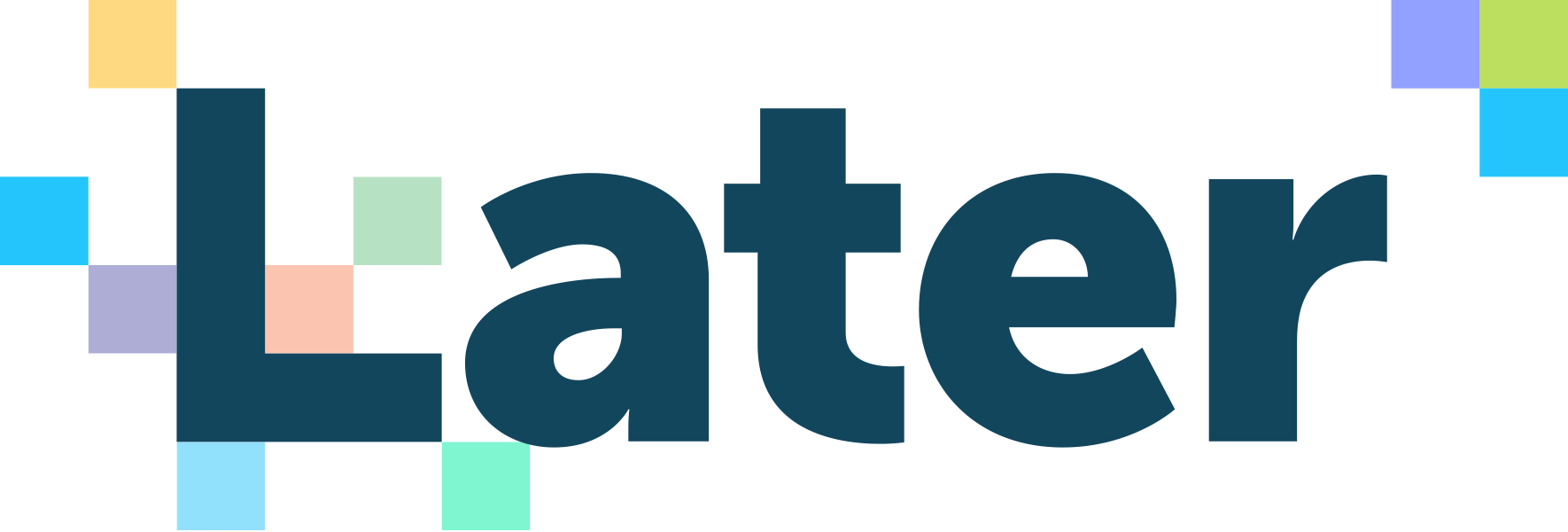What, you ask, is the Internet of Behavior, also known as IoB? Good question. This term is suddenly becoming more common after the pandemic, and it’s a concept with important implications for the future. IoB refers to internet-connected technologies that collect, integrate, and analyze data related to people’s behavior within a space.
Will the Internet of Behavior Improve Everywhere You Go?
How people interact with space has become extremely relevant in the wake of the pandemic. When a deadly virus can spread through minimal contact, it’s vital to manage public health and maintain social distancing by whatever means necessary. That’s where IoB comes in.
Better Understanding the IoB Space
Many workplaces welcoming employees back on site for the first time in over a year now have IoB technologies installed. So, for example, there could be RFID tags tracking hand-washing or sensors detecting mask-wearing, coupled with automated alerts if someone isn’t following protocols. These are some of the most common applications for IoB technologies right now, but they’re hardly the only ones.
Combining data from multiple technologies (cameras, scanners, sensors) and multiple sources (private sector, public sector, social media) helps distill the dynamism of spaces filled with human beings into a format ripe for analysis.
Featured Partner for Social Scheduling  on Later's website
|
Understanding how and why people occupy spaces helps those spaces become safer, cleaner, more convenient, and more attractive — better in every way.
IoB allows us to know what we couldn’t know before — which means that we can improve and innovate upon spaces in ways that used to be impossible.
How We Live
There are plenty of reasons to be excited about IoB — and to be alarmed about a world that tracks our every move. But, unfortunately, both sides of the coin require debate because it looks all but assured that IoB technologies would one day be everywhere.
Rapid expansion looks likely, given how many different things IoB can do.
Consider that there are already billions of connected devices collecting data about where people go and what they do on a very granular level. Those devices are in offices, stores, and restaurants — not to mention in our cars, phones, and wearable devices, all collecting troves of data about the details of modern life.
There will be more than 42 billion connected devices in use by 2025, generating more than 1 billion GB of data daily.
Previously, we used this data only for specialized purposes like tracking our health, and we made minimal effort to integrate disconnected data sources. IoB, at its core, is about using more of this data to understand more about how we live.
Fixing Complicated Problems with IoB
The implications are huge, yet the applications are hyper-specific. For instance, a company could use IoB to track when people join and leave Zoom meetings over time and then use that data to set a better schedule.
Another use would be deploying facial recognition technology during the meeting to track the participant’s facial cues and identify employees who may feel overworked or under-engaged, thereby allowing for early intervention instead of inevitable burnout.
IoB applications aren’t limited to the workplace, either.
Traffic data could be used to prevent slowdowns and accidents and design future roadways for maximum safety and efficiency. Crowd data could be used to keep protests or large celebrations from erupting into riots, just as it could help more people pass through airport security in less time. Schools could even use IoB data to help prevent or stop school shootings and fights.
Any place where people interact could literally leverage IoB to identify and eliminate pain points for all involved.
Featured Partner for Social Scheduling  on Later's website
|
Where IoB Could Go Wrong
It’s not at all an overstatement to say that IoB can solve some of the most common, consequential, and complex problems affecting humanity. But, unfortunately, these outcomes are far from guaranteed.
IoB may be promising — but it’s also problematic for many reasons.
Because internet-connected devices are currently subject to relatively few regulations, it’s often up to whoever collects data to decide how to use it. Harnessing the power of IoB will require sharing that data early, frequently, and completely. But sharing it will also require a firm commitment to ethics and a clear understanding of how things could go wrong.
Good Versus Evil
Here’s a hypothetical that illustrates the fine line that IoB must walk: Let’s say a surveillance company has data showing everywhere someone went for the past month. The company may agree to share that data with a partner as long as the person’s identity is obscured or to supply it to a judge who issues a warrant. However, they could also decide to sell that data to the highest bidder or give it to government officials who use it to quell dissent.
For every piece of IoB data, there are ways to use it ethically or exploitatively.
Another potential drawback is that people’s movements aren’t great indicators of their motives. For instance, if a fitness tracker registers that someone heads for the bedroom every night at 3 a.m., are they staying up so long because they’re working late, partying hard, or struggling with insomnia?
Enough IoB data can usually answer that question. When it can’t, however, it leaves companies with lots of data and very few actual insights.
How We Make IoB Work
Companies involved with IoB, whether with developing or implementing the technology, need to seriously take legal and ethical issues. The question remains, will the companies do the ethical thing? And then think of the costs. Who bears the costs of keeping the internet safe? You? The government? The company?
They must be transparent about what data they’re collecting and why.
More importantly, however, companies and individuals need to use IoB as a force of good: something that improves people’s experience rather than punishing, rejecting, or stalking them.
In a nightclub, for example, IoB could help monitor the sentiment of the crowd and then adjust the ambiance accordingly by playing different music. Armed with this information, the nightclub could be admitting more or fewer people, switch drink specials, or tweaking the lighting.
Featured Partner for Social Scheduling  on Later's website
|
Over time, this data could help a club owner fine-tune a space that makes everyone feel like a VIP when they step inside. But potentially more important, the club owner will increase his business by catering to his customers’ special needs and wants.
Endless IoB Possibilities
Another area where IoB could have tremendous impacts without raising ethical concerns is inside the home, where people control what technology sees and tracks. For example, the right mix of technologies could detect when someone is running late for work and then automatically turn up the bedroom lights, start the coffee maker, and get the car warmed up.
As long as we get creative and stay conscientious, there’s little that IoB can’t transform for the better.
Image Credit: jacek dylag; unsplash; thank you!

















